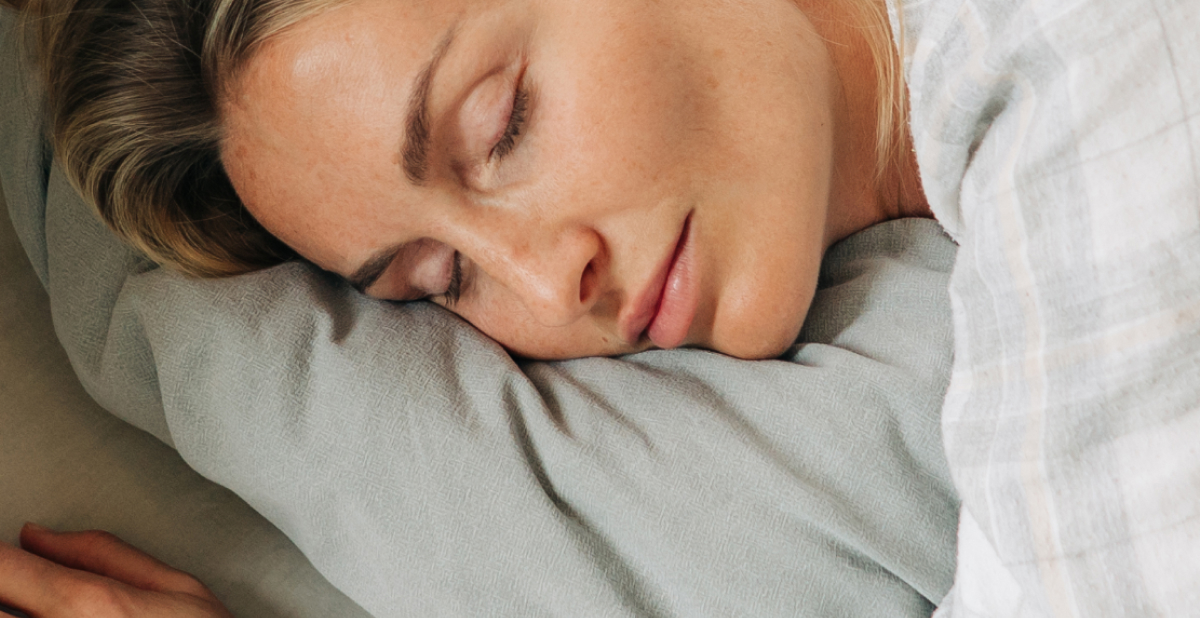Have you ever noticed how your skin looks different after a good night’s sleep versus a restless one? It’s not just your imagination—sleep plays a vital role in skin health and overall well-being. While many focus on skincare routines and diets, one of the most overlooked beauty treatments is something entirely natural: deep, restful sleep.
As a practitioner of Traditional Chinese Medicine (TCM), I have seen firsthand how sleep influences both physical and emotional health. One fascinating aspect of this connection is the role of melatonin, often referred to as the “sleep hormone,” in promoting skin health and overall vitality. Sleep is not just a time for rest; it is a crucial period during which the body regenerates, detoxifies, and restores balance.
Melatonin: More Than a Sleep Hormone
Melatonin, primarily secreted by the pineal gland at night, does much more than regulate sleep. It acts as a natural antioxidant and anti-inflammatory agent, supporting the immune system, slowing the aging process, and promoting skin repair. Research highlights melatonin’s ability to combat oxidative stress and enhance the skin’s natural barrier, making it an essential factor in managing conditions like eczema, psoriasis, and acne.
In TCM, sleep is when the body restores harmony between yin and yang, repairs damage, and clears toxins. When sleep is insufficient, this natural cycle is disrupted, leading to qi and blood stagnation, which can manifest as inflammation, dullness, and persistent skin conditions.
How Sleep Supports Skin Health
Cell Repair and Regeneration
During deep sleep, the body increases the production of growth hormones, which are essential for cell repair and renewal. Melatonin levels peak between 10 PM and 2 AM, aiding the skin in healing from daily stressors like UV exposure, pollution, and inflammation.
Immune Support
Sleep and immune function are closely linked, and melatonin plays a crucial role in boosting the body’s natural defenses. This is especially relevant for inflammatory or autoimmune skin conditions such as eczema and psoriasis. Lack of sleep exacerbates inflammation, leading to more frequent flare-ups.
Stress Regulation
Inadequate sleep raises cortisol levels, which can weaken the skin’s barrier and contribute to conditions like acne and dryness. A well-rested body is better equipped to handle stress, reducing the impact of cortisol on the skin.
The Role of Light and Daytime Habits
Melatonin production is directly influenced by light exposure. During the day, natural sunlight stimulates serotonin production, which later converts into melatonin at night. Spending time outdoors not only improves mood but also enhances melatonin synthesis, leading to better sleep quality. TCM emphasizes living in harmony with natural rhythms, and receiving adequate sunlight during the day is one way to support this balance.
Practical Tips for Better Sleep and Healthier Skin
Maintain a Regular Sleep Schedule
Aim to sleep by 10 PM to align with the body’s natural melatonin cycle. Sticking to a consistent bedtime helps regulate the circadian rhythm, optimizing the body’s repair processes.
Embrace Natural Light
Spend at least 20–30 minutes outdoors daily, preferably in the morning. This helps regulate serotonin and melatonin production, ensuring better sleep at night.
Create a Sleep-Friendly Environment
Dim lights and avoid screens an hour before bed to minimize blue light exposure, which can suppress melatonin. A cool, dark, and quiet bedroom enhances sleep quality.
Support Your Body with Diet
Incorporate melatonin- and tryptophan-rich foods such as cherries, bananas, oats, and walnuts. Avoid caffeine and heavy meals close to bedtime to support natural sleep cycles.
Use TCM Techniques
Acupuncture and herbal medicine can help address sleep disturbances, reduce stress, and support the liver and heart meridians, which play key roles in both sleep quality and skin health.
Sleep as a Foundation for Skin Health
In TCM, the body operates as an interconnected system, and sleep is a cornerstone of balance and vitality. Poor sleep creates imbalances that manifest not only in the skin but throughout the body. By prioritizing quality rest and understanding the role of melatonin, we can take meaningful steps toward healthier skin and overall well-being.
The journey to better skin begins with small, intentional actions. Let’s work together to support your body’s natural rhythms, ensuring restful nights and radiant mornings.
Disclaimer – Each individual’s treatment and/or results may vary from patient to patient based upon the circumstances of the patient’s specific situation. A result is not promised and/or guaranteed from the act of receiving a treatment.
[Learn More] | [Contact Us] | [Follow Us on Instagram @eczemapsoriasisclinic]

